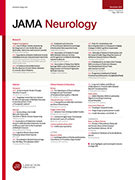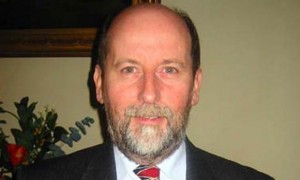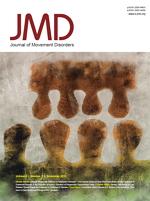 A paper published this October in the journal Frontiers In Neuroscience was retracted the following month because the authors’ collaborators did not give them permission to publish some of the data.
A paper published this October in the journal Frontiers In Neuroscience was retracted the following month because the authors’ collaborators did not give them permission to publish some of the data.
The paper detailed how and why the authors use the software program Nengo to test large simulations of nervous system networks. As part of the research, the authors tested five systems, one of which they were working on with another group. Due to a “miscommunication,” the authors thought they had received permission to publish the data; they plan to resubmit a paper describing the other four systems.
Here’s the official retraction note: Continue reading Neuroscience paper retracted after colleagues object to data publication








